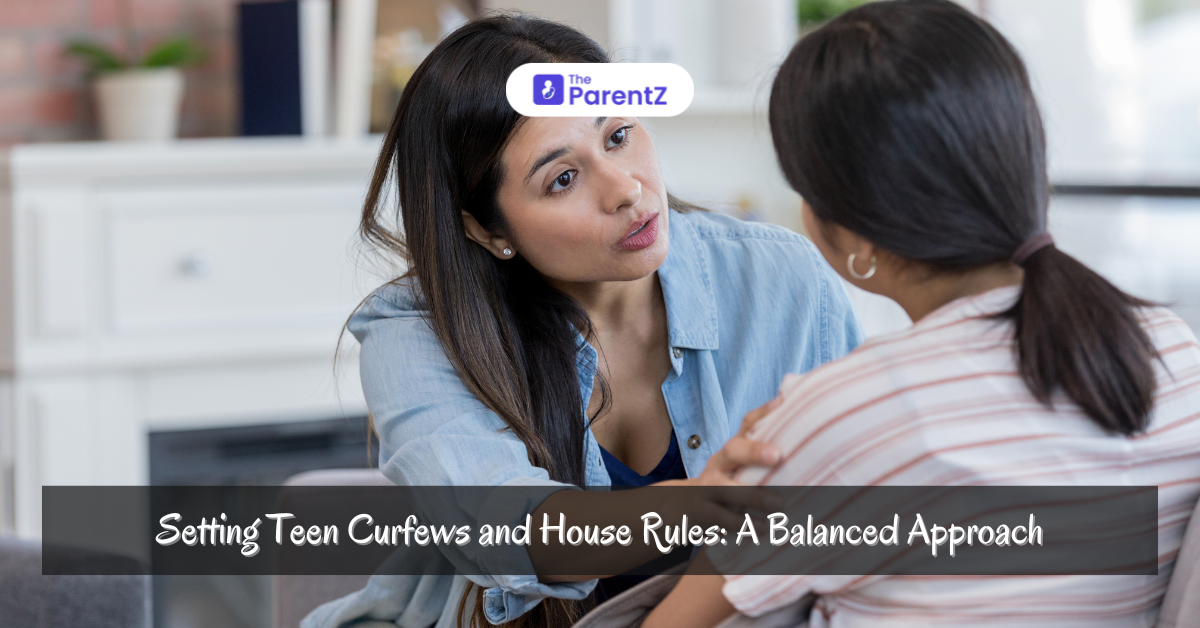Raising teenagers is a challenging yet rewarding experience. One area where many parents and children often clash is setting curfews and house rules. While some parents may view teen curfews as unnecessary restrictions, others consider them essential for their child's safety and well-being. In this blog, we'll explore both perspectives and provide tested, credible advice on how to set curfews and other house rules to make the journey smoother for parents and teenagers.
Understanding the Teenage Perspective
Teenagers are in a unique phase of life, transitioning from childhood to adulthood. They crave independence, seek more autonomy, and often view curfews as a form of control. Parents need to understand and validate these feelings. Good communication and active listening usually help bridge the gap between parents' concerns and teenagers' desires for freedom.
The Benefits of Setting Teen Curfews and House Rules
Despite the potential for disagreement, setting curfews and house rules can benefit teenagers. Curfews can:
- Ensure teen safety by limiting their exposure to potential risks during late-night hours
- Increase teen responsibility by teaching them to manage their time effectively
- Offer peace of mind to parents, knowing their child is home safe
- Provide a structure that supports healthy sleep habits, which are crucial for academic performance and overall well-being
Establishing Reasonable Curfews
When setting curfews, finding a balance between safety and trust is important. A reasonable curfew for a 16-year-old might be between 9:00 PM and 10:30 PM on school nights and around 11:00 PM or 11:30 PM on weekends. As teenagers mature and demonstrate responsibility, curfews can be adjusted to reflect their growing independence.
Involving Teenagers in the Process
Engaging teenagers in the process of setting curfews and house rules can increase their buy-in and reduce potential conflicts. Parents should:
- Discuss the reasons behind the curfew and house rules, emphasizing safety and responsibility
- Solicit their input and be open to negotiation within reason
- Establish clear consequences for disregarding the rules and consistently enforce them
- Review and adjust the rules as teenagers demonstrate maturity and responsibility
Communicating Effectively
Effective communication is key to successfully setting curfews and house rules. Parents should:
- Have open and honest conversations about their concerns and expectations
- Listen to their teenager's perspective and validate their feelings
- Provide clear explanations for the rules and consequences
- Maintain a calm and understanding tone, even when faced with disagreement
Fostering Trust and Responsibility
Setting curfews and house rules is not just about control; it's about fostering trust and responsibility in teenagers. Parents can:
- Reward responsible behavior with increased privileges and trust
- Provide guidance and support to help teenagers make wise choices
- Celebrate milestones and achievements as teenagers demonstrate maturity
Conclusion
Setting teen curfews and house rules for teenagers is a delicate balance between ensuring their safety and supporting their growth toward independence. By understanding their perspective, establishing reasonable rules, involving them in the process, communicating effectively, and fostering trust and responsibility, parents can navigate this journey with their teenagers in a way that strengthens their relationship and sets their child up for success. Remember, every family is unique, and what works for one may not work for another. The key is to find an approach that works best for your family.









Be the first one to comment on this story.